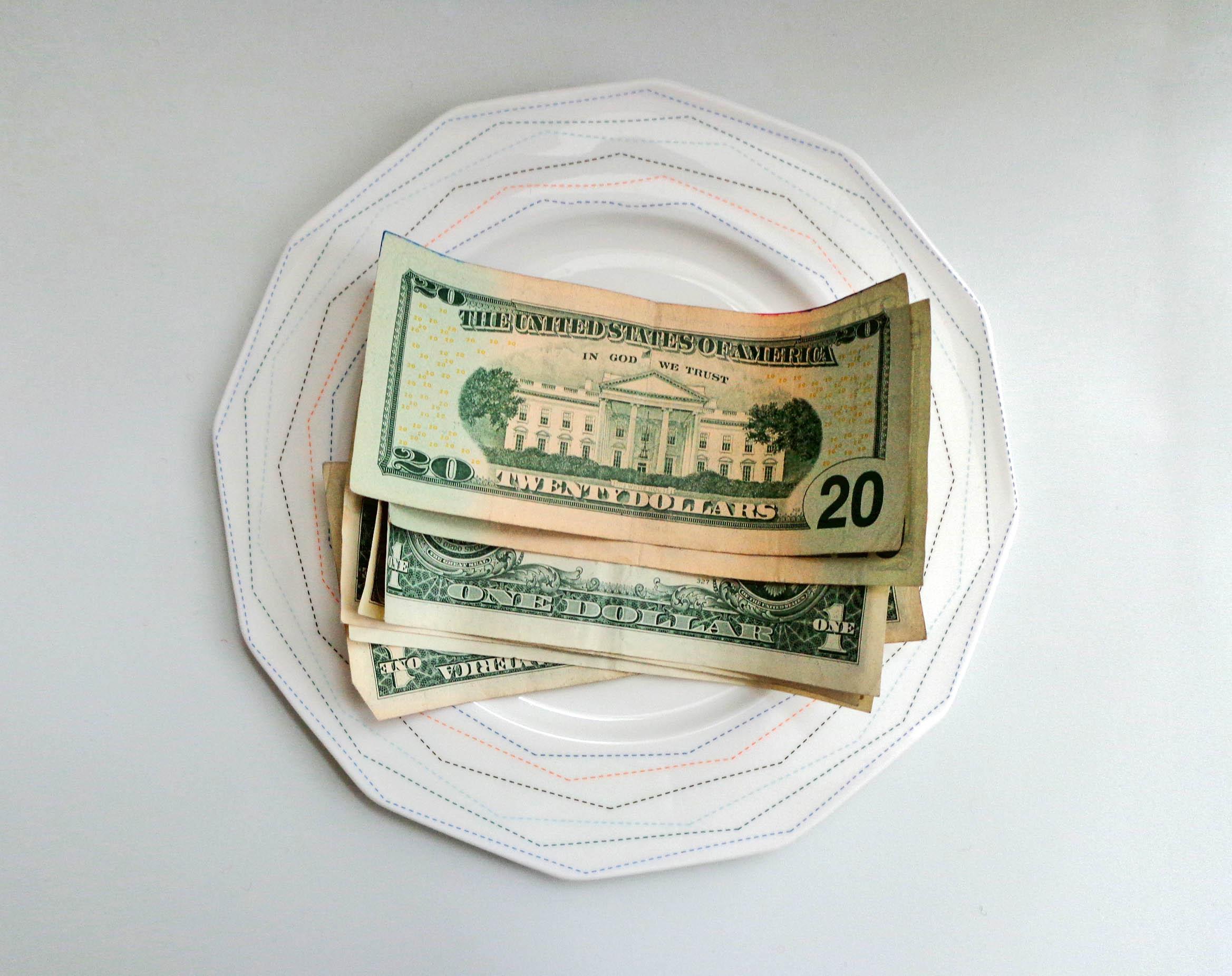
08 Aug What taxes are owed on inherited stocks?
Photo: JessicaGale/morguefile.comQ. My aunt has me in her will to receive her company stocks. She has accumulated them over her work career since the 1950s. If the value is $200,000 upon her death, what would I have to pay in taxes?
— Just wondering
A. What you’d have to pay in taxes would depend on several factors.
First, it sounds as if your aunt is making a specific bequest of the stocks to you in her will.
If that’s the case, then the first question to ask is whether the will specifies who is responsible to pay the tax, said Gary Botwinick, an estate planning attorney and chair of the taxation/trusts and estates department at Einhorn Harris in Denville.
“Often, wills provide that the residuary estate is responsible for all estate and inheritance taxes,” he said. “If that is the case, and you are receiving a specific bequest of the stocks, then you will likely not be responsible for the taxes at all, as the taxes will be paid by the general estate, meaning the burden is on the other assets of the estate.”
But if the will does not have such a provision, or if you are ultimately the residuary beneficiary and must pay the taxes anyway, then the question is how much tax would be due, Botwinick said.
Though New Jersey significantly increased the exemption for estate taxes in 2017 — from $675,000 to $2 million — and legislation ending the New Jersey estate tax was approved for deaths occurring on Jan. 1, 2018 and later, the New Jersey inheritance tax is going to stick around, he said.
Only Class A beneficiaries, such as spouses, children and grandchildren, are exempt from New Jersey inheritance tax, Botwinick said.
As a niece or nephew, you are, unfortunately, a Class D beneficiary.
“As such, a 15 percent tax is imposed on the value of the stocks that you receive from your aunt,” he said. “If the aggregate value of the inheritance was in excess of $700,000, the excess would be taxed at 16 percent.”
Botwinick said there is a bright note.
Because your aunt accumulated these stocks over the past 60 years, they’ve probably appreciated significantly, and you would receive the stocks with a “stepped up” basis.
“This means that regardless of how much your aunt paid for the stocks, for capital gains tax purposes, the basis of the shares will be equal to the fair market value of the stocks at the date of your aunt’s death,” he said. “This means that all of the capital gains that accumulated in the stocks, which would have been subject to taxation had your aunt sold them during her lifetime, will simply go away.”
Botwinick said you would be able to sell the stocks without having to recognize the gain accumulated over her lifetime.
“This wonderful benefit can be extremely valuable, especially if you need to sell some of the stock to pay the New Jersey inheritance tax,” Botwinick said.
Email your questions to Ask@NJMoneyHelp.com.
This post was first published in August 2017.
NJMoneyHelp.com presents certain general financial planning principles and advice, but should never be viewed as a substitute for obtaining advice from a personal professional advisor who understands your unique individual circumstances.
